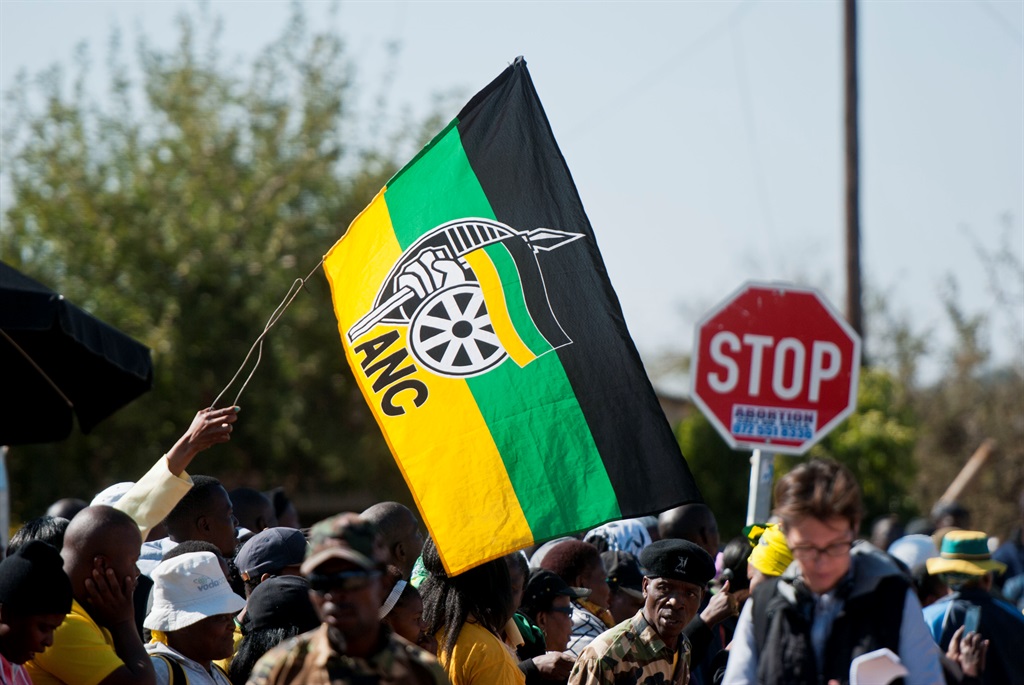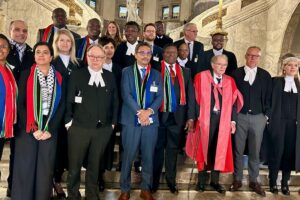And so it happened, eventually. After nearly a year of trying to paralyse governance in the Johannesburg metro, the ANC this week took back control of the city under controversial circumstances.

The ouster of Johannesburg mayor Mpho Phalatse, who took the reins in November last year after the DA cobbled together a coalition government that was backed by the EFF, is another indicator that South Africa is headed for a significant period of instability as it navigates a future without one single dominant party.
This has been the reality since the 2016 municipal elections, when the ANC’s decline in support gave rise to multi-party governments at the local level.
In the wake of this week’s dramatic events, Phalatse said she and her party “are just waiting for the courts to redeem the residents of Johannesburg from what has happened here today. We believe in our judicial system and believe that justice will be served for our 6 million residents.”
But the issue here is not the rightfulness or wrongfulness that will be determined by the courts. The issue is the political culture that we are building as we traverse these uncharted waters.
Is it now to be the case that the role of those who are out of power is merely to sabotage those who are in charge?
Is it to be that the only responsibility of the opposition is to remove the incumbent? Are we to accept that our politics are about warfare rather than constructive engagement?
South Africa and its political parties need to engage in urgent conversation about the destructive tendencies that are going to hobble national progress.
Source: City Press















